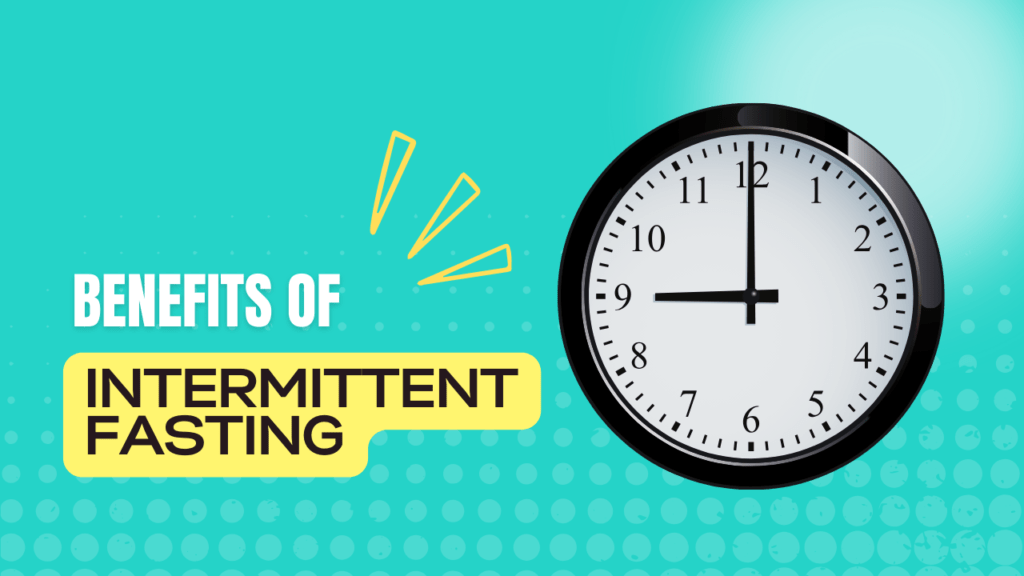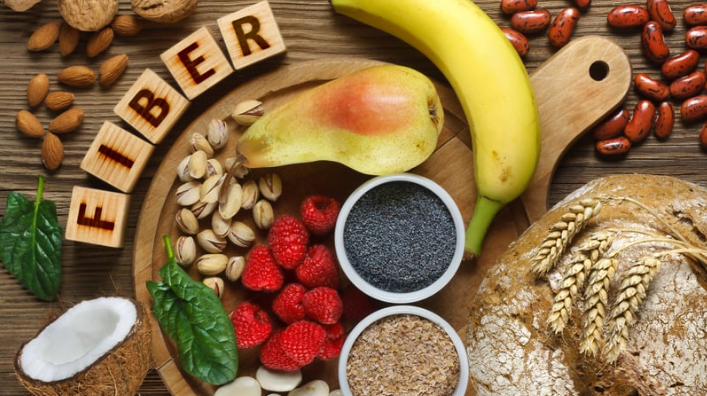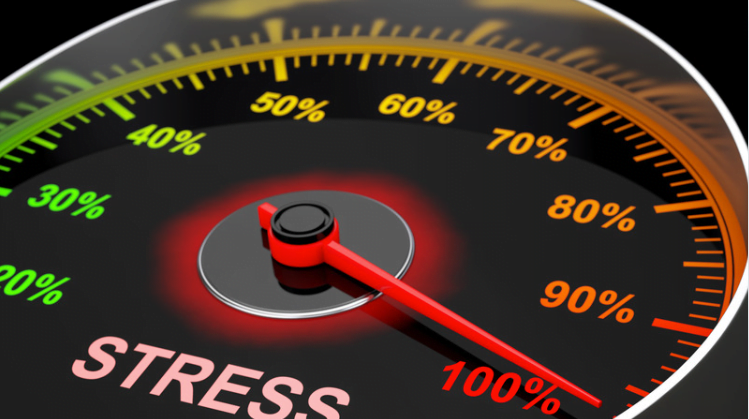Discover the top tips from Mayo Clinic for fast weight loss in 2024. Learn how to lose weight quickly with science-backed strategies and a healthy diet.
Unveil the intricate pathways of natural weight loss enhancement in the promising realm 2024. Delve deep into the labyrinth of holistic approaches, unfurling the tapestry of methodologies poised to catapult you towards your desired weight without traversing the precipice of extremity. Seize the reins of your health and vitality, embarking on a journey imbued with the wisdom of ages past and the innovations of a burgeoning future.
Table of Contents
How we evaluate brands and products
Delve into our meticulous vetting process, where we meticulously scrutinize brands and products against rigorous criteria, ensuring they meet our quality, effectiveness, and safety standards. Our expert team leaves no stone unturned in evaluating factors such as ingredient sourcing, manufacturing practices, and customer feedback to deliver trustworthy recommendations you can rely on.
1. Introduction:
Mastering the art of evaluating brands and products is not just a skill but a pathway to satisfying purchasing decisions that perfectly align with your needs and values.
2. Importance of Brand and Product Evaluation:
By evaluating brands and products for their role in promoting healthy lifestyle changes and long-term weight loss, consumers can take control of their purchasing decisions, ensuring they get quality and value and align with their values.
3. Factors to Consider:
3.1 Quality: Assessing the overall quality and performance of the product.
3.2 Price: Considering the cost of the product’s features and benefits about its effectiveness in promoting long-term weight loss.
3.3 Brand Reputation: Examining the brand’s history, trustworthiness, and customer satisfaction.
3.4 Customer Reviews: Considering the experiences and opinions of other consumers.
3.5 Ethical and Environmental Considerations: Considering the impact of the product on the environment and ethical business practices.
4. Methods of Evaluation:
4.1 Research and Comparison: Conducting thorough research and comparing similar products.
4.2 Seeking Recommendations: Seeking friends, family, or online community input.
4.3 Testing: Physically testing or sampling the product when possible.
5. Conclusion:
By considering these factors and methods, consumers can make well-informed decisions and feel empowered in their purchasing choices, knowing they align with their needs and values.
Science-backed Ways to Weight Loss
In today’s fast-paced world, achieving and maintaining a healthy body weight and long-term weight loss through lifestyle changes is increasingly important. Healthy weight is a universal aspiration. Fortunately, science offers a treasure trove of evidence-based strategies to support your weight loss journey. Explore these science-backed approaches to help you achieve your weight loss goals:

1. Trying intermittent fasting
Dive into intermittent fasting, a trending weight loss strategy involving cycling between eating and fasting. By strategically timing your meals, intermittent fasting can regulate calorie intake and enhance metabolic health, facilitating fat loss while preserving lean muscle mass.
2. Tracking your diet and exercise

Harness the power of technology to monitor your food intake and physical activity levels. Whether through journaling, mobile apps, or wearable devices, tracking your habits provides valuable insights into your calorie consumption and energy expenditure, empowering you to make informed decisions and stay on course toward your weight loss goals.
3. Eating mindfully

Embrace the practice of mindful eating, which involves paying close attention to the sensory experience of eating. By savouring each bite and eating slowly, you can heighten your awareness of hunger cues and satiety signals, leading to better food choices and weight management.
4. Eating protein with meals

Optimize your meals by incorporating protein-rich foods, which promote feelings of fullness and stimulate metabolism. Protein requires more energy to digest than carbohydrates or fats, leading to a higher calorie burn and helping to preserve muscle mass during weight loss.
5. Cutting back on sugar and refined carbohydrates

Reduce your consumption of sugar and refined carbohydrates, which can contribute to weight gain and metabolic dysfunction. By minimizing your intake of sugary beverages, sweets, and processed foods, you can stabilize blood sugar levels, reduce the risk of obesity and excess fat storage, and support a healthy diet plan.
6. Eating plenty of fiber

Increase your fibre intake by incorporating fruits, vegetables, whole grains, and legumes into your diet. Fibre adds bulk to your meals, promoting feelings of fullness and aiding digestion. Additionally, fibre helps regulate blood sugar levels and supports overall digestive health.
7. Balancing gut bacteria

Nurture your gut microbiome by consuming probiotic-rich foods such as yoghurt, kefir, and fermented vegetables. Probiotics promote a healthy balance of gut bacteria linked to weight regulation and metabolic health. Prebiotic foods such as onions, garlic, and asparagus nourish beneficial gut bacteria, further supporting weight loss efforts.
8. Getting a good night’s sleep

Prioritize quality sleep as part of your weight loss journey. Adequate sleep is essential for regulating hunger hormones, reducing cravings for high-calorie foods, and supporting overall metabolic function. Aim for seven to nine hours of uninterrupted sleep each night to optimize your weight loss efforts.
9. Managing your stress levels

Implement stress-reducing strategies such as meditation, yoga, and deep breathing exercises to mitigate the effects of stress on your weight and overall health. Chronic stress can disrupt hormone levels, increase appetite, and promote fat storage, making stress management an integral component of successful weight loss.
Can someone lose 10 pounds in 3 days?
Rapid weight loss of 10 pounds in 3 days is neither realistic nor sustainable. Such drastic weight fluctuations are often attributed to water weight loss rather than fat loss. Sustainable weight loss requires gradual changes to diet and lifestyle habits over time.
How can someone lose 20 pounds in a month?
Losing 20 pounds in a month is an ambitious goal that may not be achievable or healthy for everyone. However, with dedication and guidance from a healthcare professional, individuals with significant excess weight may achieve this goal through calorie restriction, regular exercise, and lifestyle modifications.
What happens if someone loses weight too fast?
Losing weight too quickly can adversely affect your health, including muscle loss, nutrient deficiencies, gallstones, and a slowed metabolism, ultimately hindering long-term weight loss. Rapid weight loss is also associated with a higher risk of weight regain once normal eating patterns are resumed. To minimize these risks and support long-term health and well-being, it’s essential to prioritize gradual, sustainable weight loss through healthy eating and lifestyle changes.
Conclusion
Embrace the science-backed strategies outlined in this guide to accelerate your weight loss journey in 2024 naturally. By incorporating evidence-based approaches such as intermittent fasting, mindful eating, and regular exercise into your lifestyle, you can achieve sustainable weight loss and improve your overall health and well-being. Remember to consult with a healthcare professional before making significant changes to your diet or exercise routine, and prioritize consistency and patience as you work towards your goals.










